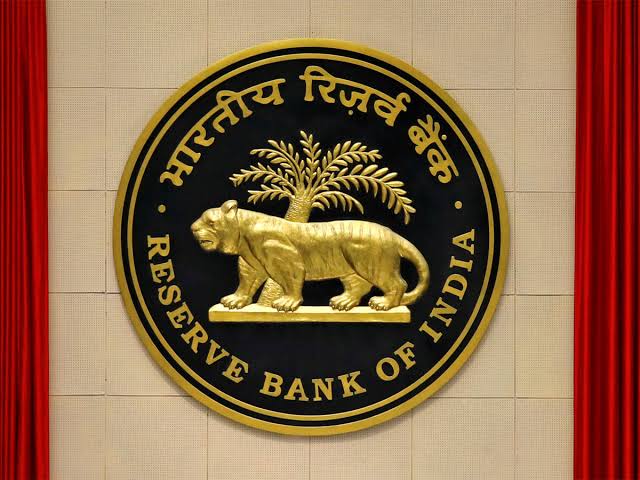The Reserve Bank of India (RBI) has expanded the obligation for a Key Fact Statement (KFS) to encompass all retail and MSME loans, aiming to improve transparency in the lending sector.
The KFS serves as a document elucidating lending terms, offering key information on a loan agreement, including the comprehensive cost of the loan in a clear and comprehensible format.
Currently, loans to borrowers encompass various fees and charges, such as processing fees and documentation charges. Governor Shaktikanta Das highlighted the need for transparency in disclosing such details, emphasizing the extension of the KFS requirement to cover all retail and MSME loans.
This move intends to enhance transparency and empower borrowers to make well-informed decisions. The decision aligns with the Monetary Policy Committee’s unanimous choice to maintain the policy repo rate at 6.5 percent during its February review meeting, marking the sixth consecutive status quo.
The repo rate signifies the interest rate at which the RBI lends to other banks. Governor Das affirmed that the MPC, with a majority of 5 out of 6 members, prioritizes the withdrawal of accommodation to ensure progressive alignment of inflation with the target while supporting economic growth.
The RBI’s bi-monthly monetary policy committee meeting, held over three days, typically involves deliberations on interest rates, money supply, inflation outlook, and various macroeconomic indicators.
